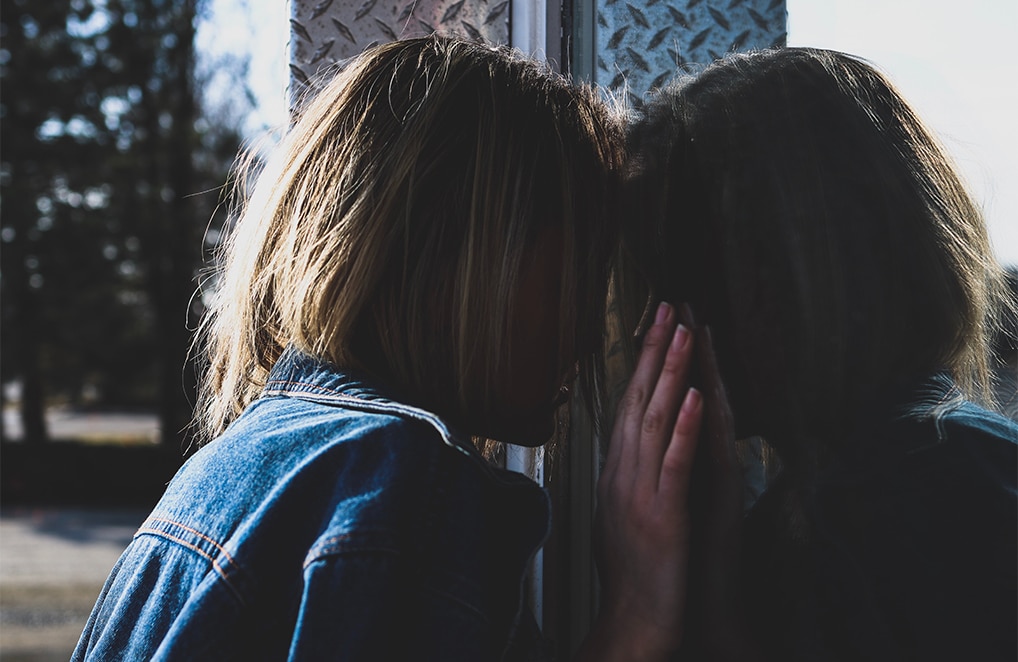Sexual Abuse Therapy
Every 92 seconds, an individual will experience a sexual assault. In fact, sexual abuse affects women, men, adults, and children of all ages. Therefore, it is critical for survivors to know that it is not their fault and they are not alone. This is what makes Sexual Abuse Therapy so important. Of course, sexual abuse is traumatic and can produce long-lasting effects for survivors.
Sexual abuse can be defined as any unwanted sexual activity or act imposed on a person. Childhood Sexual Abuse can be defined as any sexual act or act of exploitation involving a child. Of course, it’s essential to remember sexual abuse can occur through physical and non-physical contact. In fact, we treat all kinds at the Harmony Bay sexual abuse treatment center.
For example, forms of physical contact that are sexual abuse are:
- Fondling
- Penetration
- Sodomy
- Rape
- Unwanted Touch
For example, forms of non-physical contact that are sexual abuse include:
- Internet stalking to obtain sex
- Exhibitionism
- Photographing a child in sexual poses
- Showing Pornography to a child
- Indecent exposure
If you’re a victim of sexual abuse, then our Sexual Abuse Therapy is here to help. Learn how to finally find relief from symptoms of sexual abuse and also begin turning a corner in recovery through our mental health treatments.
WHAT ARE COMMON SYMPTOMS OF SEXUAL ABUSE

After experiencing sexual abuse, survivors often develop a series of emotional, psychological, as well as behavioral symptoms.
For example, some of the emotional responses that can occur are:
- Intense fear
- Guilt
- Shame
- Worthlessness
- Sadness
- Anger
- Numbness
- Anxiety
- Hopelessness
On the other hand, behavioral symptoms can include:
- Substance Use Problems
- Bathing Frequently
- Self-Harm
- Sexual Promiscuity or Sexual Dysfunction
- Eating Behaviors
- Avoidance of Social Gatherings
- Isolation
- Poor Concentration
Also, there are psychological conditions that can include:
- PTSD
- Panic Disorder
- Major Depression
- Anorexia
- Dissociative Disorders
- Somatic Disorders
Learn More
Individualized treatment after experiencing Sexual Abuse is critical to the journey of healing. In fact, several different treatment interventions are available, including:
- Trauma-Focused Cognitive Behavioral Therapy
- Narrative Therapy
- Somatic Experiencing
- Dialectical Behavioral Therapy
Other traditional psychotherapies may be used to guide individuals to re-building safety and also peace in the aftermath of their traumatic experiences. In addition, group therapy will provide mindfulness techniques to increase tools to cope with and tolerate distress.
Resources
Common Mental Health Challenges Adolescents Face
Adolescence is a challenging time as children are in that in-between stage before they enter adulthood. People often underestimate the mental health challenges adolescents can face, which creates a harmful stigma. If you have a child between the ages of 10 and 19, you need to be aware of the mental health issues they may…
Online Therapy Resources For College Students: Is It the Right Fit For You?
If you are a college student, you may have considered taking advantage of online therapy resources. In the age of technology, one of the many benefits that come with this is more accessible and versatile mental health resources. Especially when it comes to college students, online therapy resources can be incredibly helpful for navigating this…
How to Know if Your Teen Needs Therapy
Parents with teenagers need to be aware of the many mental health challenges teens are facing today. Teenagers have always had a lot of pressure on them, but only just recently have we started to remove the stigma around asking for help. Many teenagers would benefit from getting therapy, even if they don’t necessarily have…
How to Combat Social Anxiety
If you struggle with social anxiety, you are not alone, as this is a surprisingly common disorder that many people experience regularly or at certain times in their lives. Like many mental health disorders, it varies significantly in terms of severity and can even become debilitating if not addressed. The good news is that there…